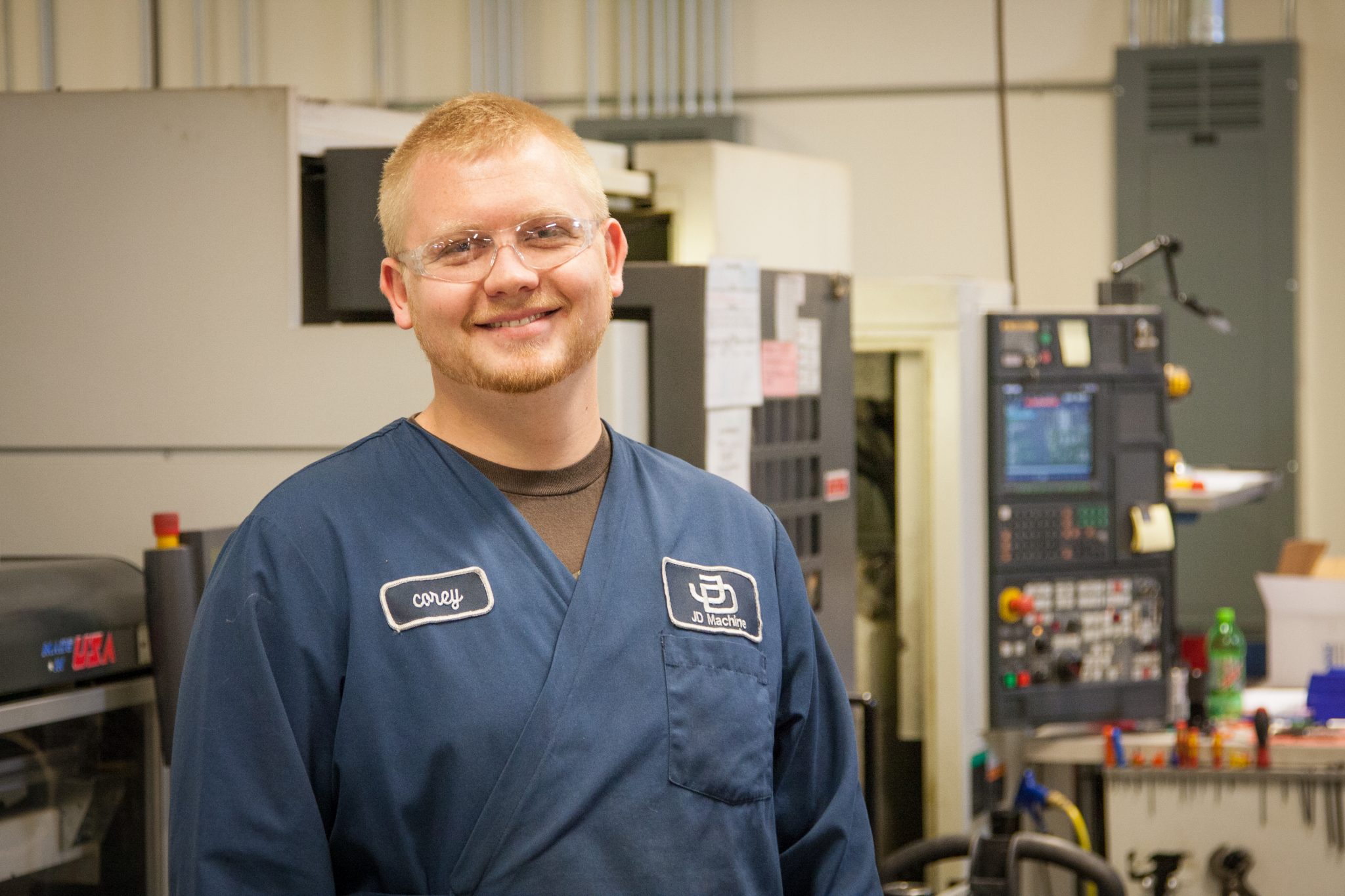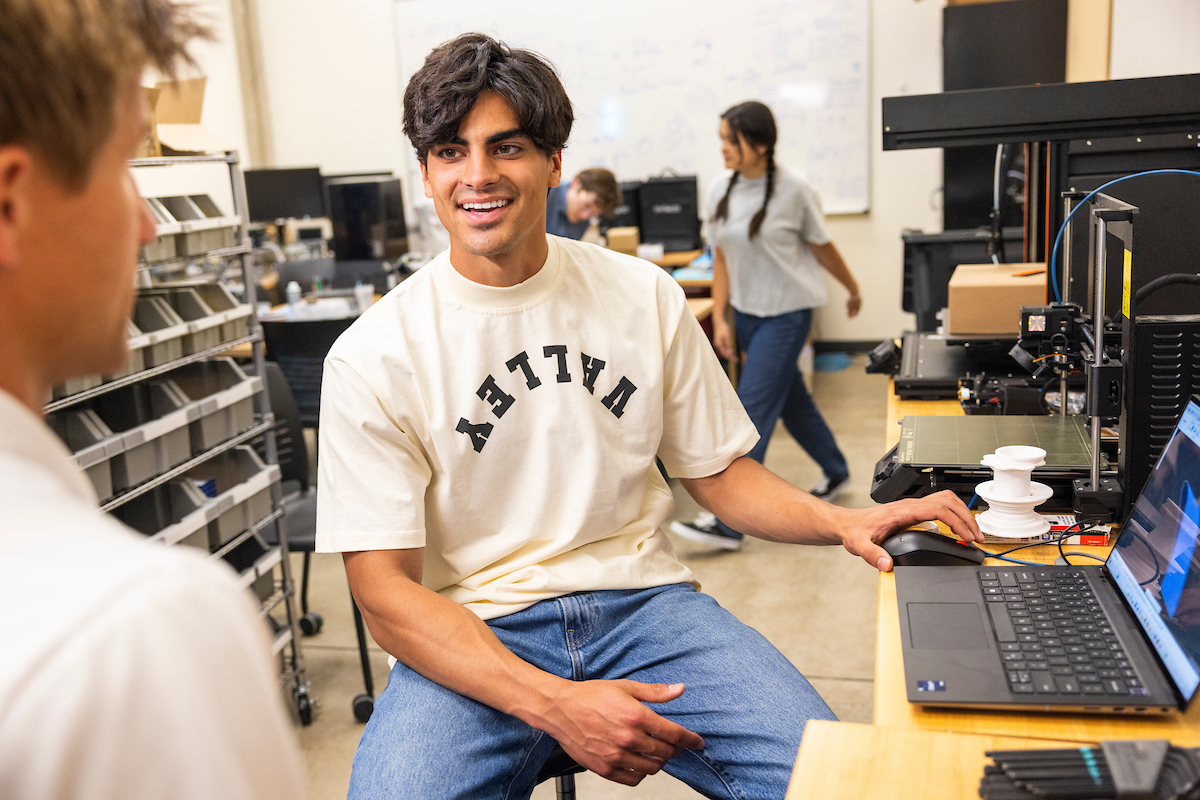This article was co-authored by Pablo Garcia Quint, a Tech and Innovation Policy Fellow at Libertas Institute.
AI isn’t just reshaping how we work—it’s revolutionizing who gets to work, where they do it, and what work even means. Although this has resulted in an oncoming wave of workforce disruption, the real challenge for policymakers isn’t combating job loss — it’s streamlining job transition.
Duolingo sparked concern when it laid off contractors amid its shift to an AI-first model. Shopify followed with a bold internal memo—before any new hire, teams must prove AI can’t do the job better. Companies like Amazon are using AI to assist software engineers, changing both the speed and nature of their work. And now, Anthropic’s CEO warns that AI could eliminate up to 50% of entry-level white-collar jobs within five years.
These are not isolated cases—they’re signals of a broader shift already underway. Instead of panicking, we should focus on helping workers transition into future-proof careers.
One promising approach, known as micro-credentialing, was adopted in many states, and it proved effective. Looking back at the pandemic, for instance, when unemployment surged amid lockdowns and restrictions, New York, California, Tennessee, and Louisiana partnered with Coursera to offer free online courses that would allow people to earn microcredentials from major companies in areas ranging from technology to health care. The results were clear, employers said they are, on average, 74% more likely to hire a graduate who has a Professional Certificate.
Google’s career certificate programs are full of success stories. From stay-at-home mothers re-entering the workforce, to veterans transitioning to civilian life, to laid off service workers landing a new job. These kinds of stories aren’t edge cases, they are blueprints that can work for workers displaced by AI.
When it comes to AI, state and local governments should be revamping their workforce development programs for this new AI age, with some states like Colorado and Utah already well underway. Colorado has allocated $40 million to train workers and develop credentials in high-demand industries. Utah’s Custom Fit program, meanwhile, offers businesses tailored training for the specific skills they need, on their timeline. These programs are fast, flexible, and responsive to market realities. They’re designed to help workers bounce forward, not just bounce back. Other states should follow suit.

Unlike a four-year degree, micro-credentials dramatically shorten the upskilling timeline. They offer a safety net without the time and debt of college, especially for workers mid-career and mid-transition.
At the same time, colleges and universities are beginning to adapt to the challenge. Utah Valley University now offers a Master’s in Applied AI, and the newly launched Saras AI Institute, billed as the first higher ed institution focused solely on AI, offers degrees tailored to real-world applications, including in the arts. Fourteen more universities across the nation are following suit. This evolution shows that AI is not exclusive just for some people. It is reshaping every corner of the economy.
To put this all into perspective, none of this is unprecedented. Six in ten Americans now work in occupations that didn’t exist in 1940. Entire industries, from software engineering to video games, emerged from past technological disruptions. AI is the next chapter in that same story.

But that doesn’t mean we should leave this transition to chance. As industries adapt, many workers will face temporary unemployment or be forced into lower-paying jobs. The answer isn’t to freeze progress in place, or to shrug and hope the market figures it out. The answer is smart policies that don’t resist change, but guide it.
Micro-credentialing and non-degree pathways aren’t silver bullets, but they are practical, scalable tools that reduce the friction of transition.
The path ahead won’t be painless. AI isn’t replacing the workforce. It’s redefining it. If we focus on helping people adapt, especially before their roles are impacted, we can make this transition one of prosperity for more people.





